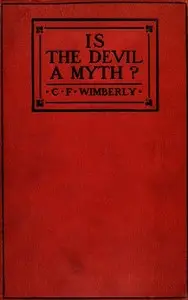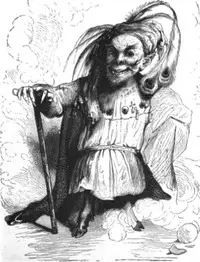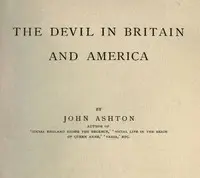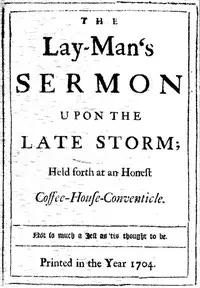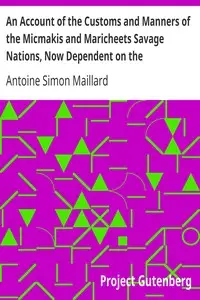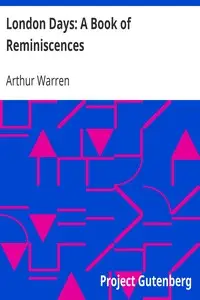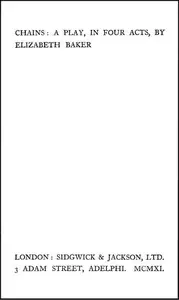"The History of the Devil, As Well Ancient as Modern: In Two Parts" by Daniel Defoe is a journey through the life and times of the Devil, told in the style of a historical tale from hundreds of years ago. The story follows the Devil from his early days as a divine being to his current role as a major player in human affairs. Defoe mixes serious storytelling with funny moments, offering a unique look at the Devil as something more than just a symbol of badness, and making him almost silly at times. The book starts off by questioning the popular, scary ideas people have about the Devil, and argues that knowing his real history is key to understanding why he does what he does. Though typically seen as evil, Defoe hints that the Devil's story can also be quite amusing, setting the stage for a story that is both thoughtful and lighthearted in its approach to exploring evil.

The History of the Devil, As Well Ancient as Modern: In Two Parts
By Daniel Defoe
Discover the surprising saga of the Devil himself, as he falls from grace and hilariously meddles in the affairs of humanity.
Summary
About the AuthorDaniel Defoe was an English novelist, journalist, merchant, pamphleteer and spy. He is most famous for his novel Robinson Crusoe, published in 1719, which is claimed to be second only to the Bible in its number of translations. He has been seen as one of the earliest proponents of the English novel, and helped to popularise the form in Britain with others such as Aphra Behn and Samuel Richardson. Defoe wrote many political tracts, was often in trouble with the authorities, and spent a period in prison. Intellectuals and political leaders paid attention to his fresh ideas and sometimes consulted him.
Daniel Defoe was an English novelist, journalist, merchant, pamphleteer and spy. He is most famous for his novel Robinson Crusoe, published in 1719, which is claimed to be second only to the Bible in its number of translations. He has been seen as one of the earliest proponents of the English novel, and helped to popularise the form in Britain with others such as Aphra Behn and Samuel Richardson. Defoe wrote many political tracts, was often in trouble with the authorities, and spent a period in prison. Intellectuals and political leaders paid attention to his fresh ideas and sometimes consulted him.



